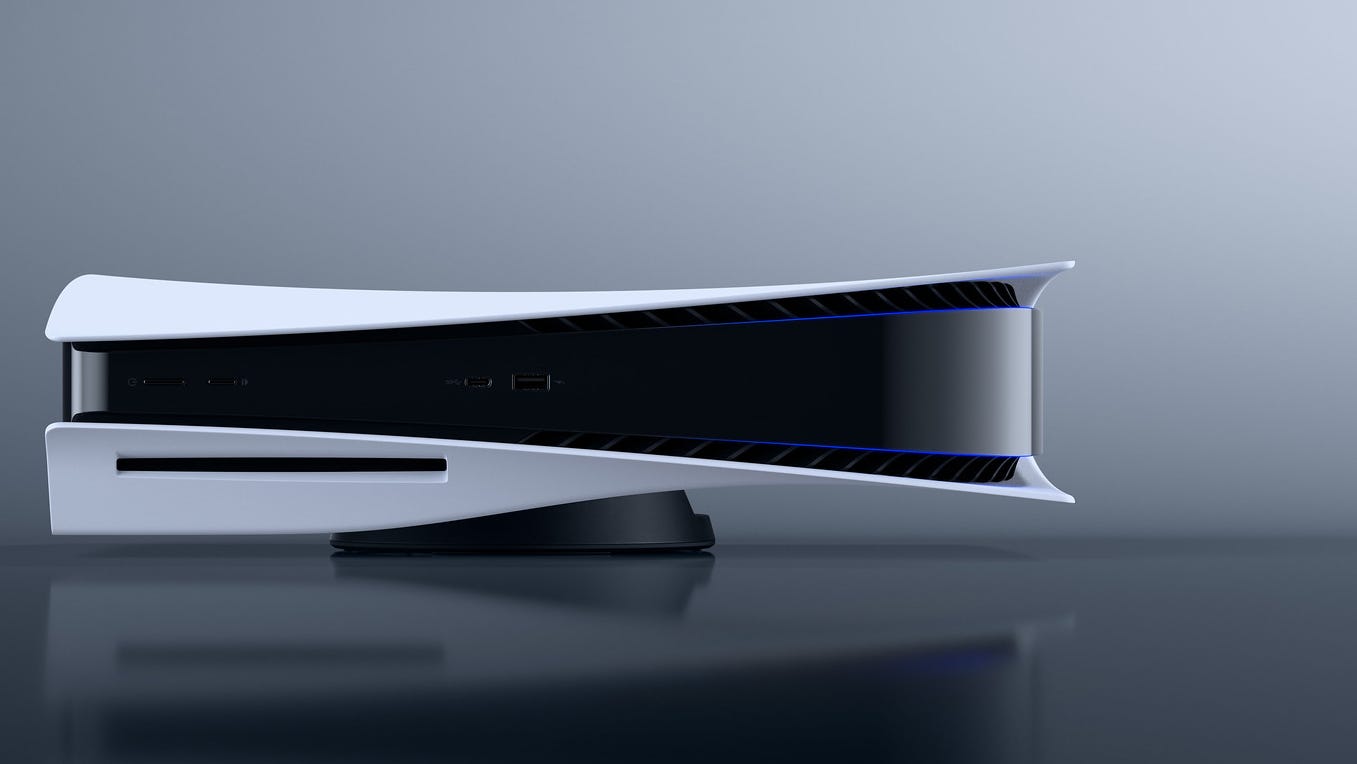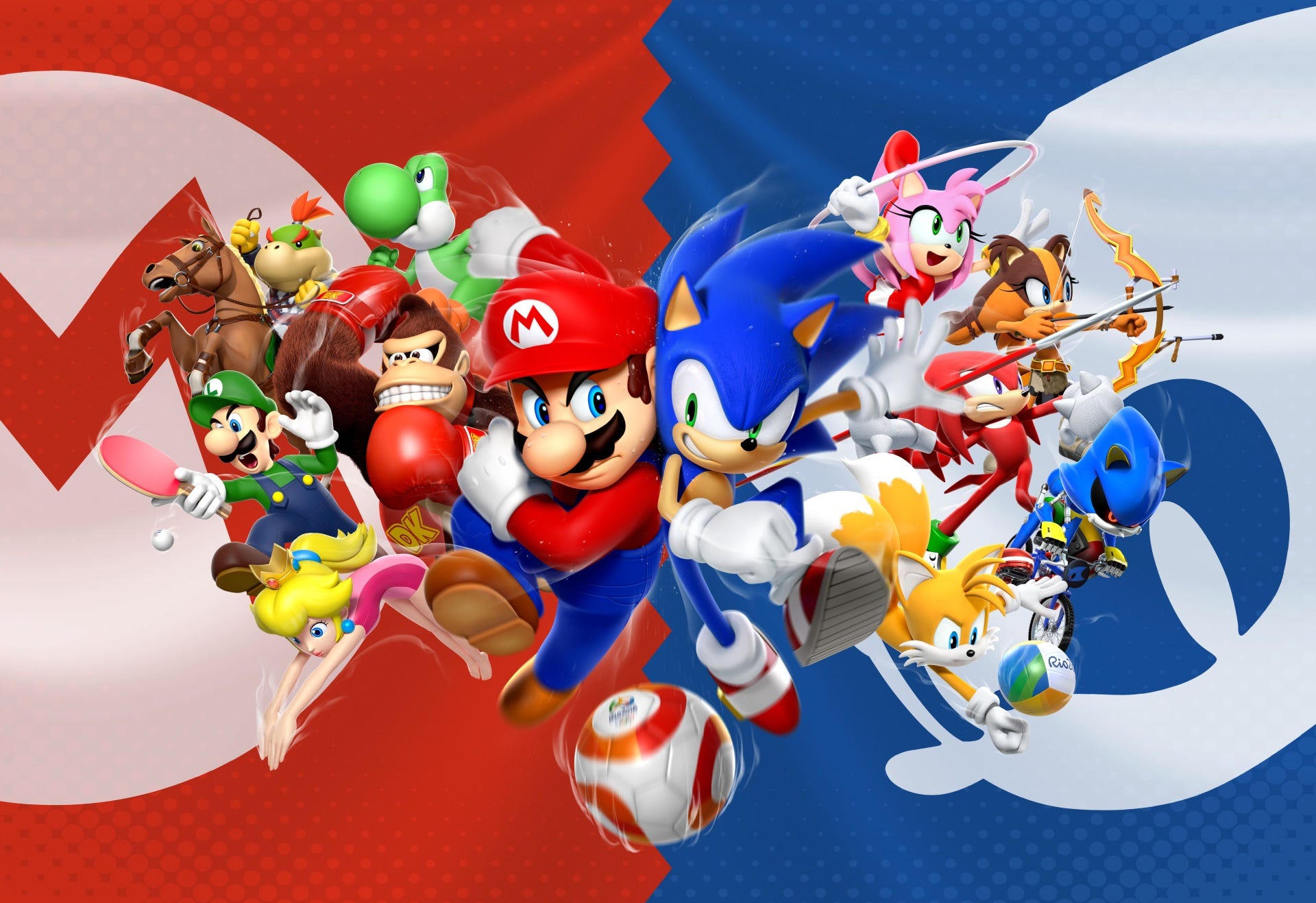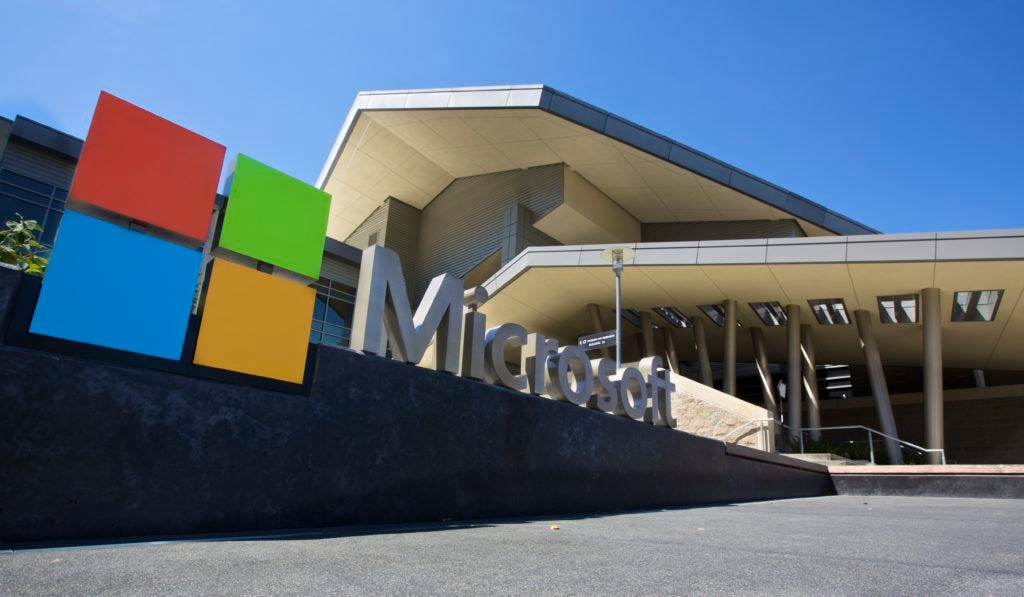
We all know, at this stage, that rumours of the death of the console were greatly exaggerated. This narrative took hold pretty strongly for about a decade, fuelled by the introduction of various smart devices – smartphones, smart TVs, and so on – and by some fairly optimistic notions about 5G and internet speeds in general.
The logic was simple; the world was filling up with devices that you could play games on, and with the potential for streaming games in ways that didn't require a device at all looming on the horizon, selling consumers an expensive, dedicated gaming console seemed like a tougher prospect with every passing day. Even as each successive generation of console hardware boomed, confident prophets told us that decline into irrelevance was inevitable for this sector.
Ultimately, those people who predicted the end of consoles were wrong (so far, at least) for a very simple reason: they didn't actually understand the appeal of consoles in the first place.
Read more




